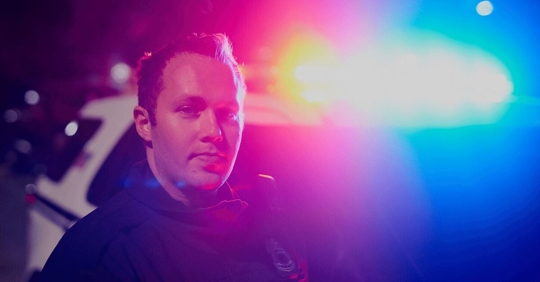A driving under the influence (DUI) checkpoint, also known as a sobriety checkpoint, can be a distressing experience for motorists who have never come across them before. In fact, many argue the legality of these stops, but The Toney Law Firm is here to give you need-to-know information.
Why DUI Checkpoints
DUI checkpoints are operations specifically designed to catch drunk drivers. However, many people question the legality of these roadblocks since they seem to remove the probable cause requirement of traffic stops.
History & Legality of DUI Checkpoints
The legality of DUI checkpoints was an issue for several decades, as proponents often argued that the checkpoints served the broader public interest in helping take drunk drivers off the road. Opponents, however, argued that DUI checkpoints violated the Fourth Amendment rights of alleged offenders, resulting in unlawful police stops.
In Michigan Dept. of State Police v. Sitz, 496 U.S. 444 (1990) the Supreme Court of the United States ruled in a 6-3 decision that sobriety checkpoints satisfied the Fourth Amendment standard of "reasonable search and seizure."
Additionally, the Supreme Court held that the state government had a legitimate interest in prohibiting drunk driving, and the impact of such checkpoints on drivers had a negligible impact on Fourth Amendment rights.
However, the Supreme Court also determined that the legality of DUI checkpoints was contingent on an individual state’s constitution.
For this reason, authorities in Idaho, Iowa, Michigan, Minnesota, Oregon, Rhode Island, Texas, Washington, Wisconsin, and Wyoming determined that DUI checkpoints violated their state constitutions and outlawed the practice.
However, checkpoints remain legal in the other 40 states and the District of Columbia. Therefore, sobriety checkpoints are legal in Illinois.
Conducting DUI Checkpoints
The Illinois Department of Transportation states that DUI checkpoints need to follow certain guidelines.
State guidelines require the following:
- Authorities Must Announce Checkpoints - Law enforcement must notify the public of the intention to conduct a DUI checkpoint, possibly through a press release or newspaper advertisement.
- Operational Plans Are Required - Police officers cannot stop any vehicle they wish at checkpoints. Instead, there must be a predetermined plan that establishes that only randomized drivers, such as every fourth vehicle, will be stopped.
- DUI Checkpoints Must Have Reasonable Time Constraints - A checkpoint cannot continue endlessly, authorities must set up an active timeframe.
What You Should Do At DUI Checkpoints
When you encounter a DUI checkpoint, you can avoid the roadblock provided that you can do so legally. Therefore, you can turn down a side street or make a u-turn as long as it’s a legal maneuver. However, be aware that some police departments patrol near checkpoints looking for drunk drivers.
When you go through a checkpoint, remember to keep your conversations with police officers as brief (but courteous) as possible. Be careful if you have had anything to drink, as the scent of alcohol on your breath gives an officer reasonable suspicion to ask you to perform field sobriety tests.
You should provide a police officer with your driver's license and your automobile insurance information as requested, but you are not required to answer other questions.
Lying to an officer can result in criminal penalties! Therefore, when dealing with the police, remaining silent is always better than lying.
Need Experienced Representation?
Did police arrest you at a DUI checkpoint in the greater Chicago area? You should consider reaching out to an experienced Chicago DUI attorney for help with your case.
The Toney Law Firm aggressively defends clients in Cook County, Dupage County, Lake County, Kane County, Will County, DeKalb County, and all surrounding areas. Our firm can look at the facts of any case and provide a strong defense!
Call (888) 473-4058 now for a free consultation for your case!

